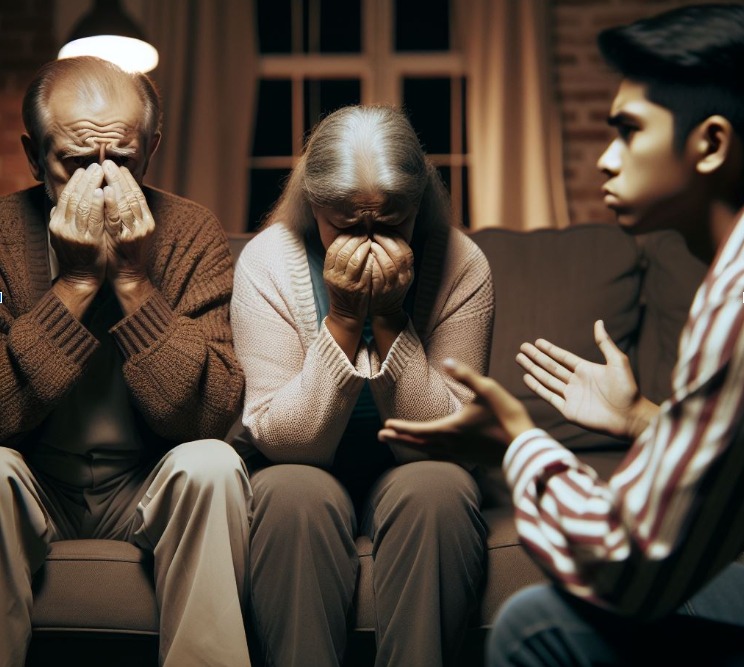World Elder Abuse Awareness Day
World Elder Abuse Awareness Day was proclaimed by the United Nations General Assembly in 2011 (Resolution 66/127) with the aim of raising awareness and denouncing the abuse, mistreatment, and suffering faced by many older adults worldwide. This abuse can be either physical, psychological, sexual, financial, neglecting, or abandonment.
The prevalence of abuse varies by context, but the World Health Organization (WHO) estimates that 1 in 6 people over the age of 60 has suffered some form of abuse, although many cases go unreported. A 2013 survey in Portugal (Martins et al., 2014) found a prevalence of 23%, while a meta-analysis by Ho et al. (2017) found a 35%. Emotional abuse was the most common, while financial abuse was the least reported by third parties. Factors such as gender, country, culture, marital status, and the type of abuse also influence the variability of these figures. These studies showed that caregivers or third parties reported abuse more frequently than the elders themselves.
Elder abuse can have serious consequences: physical and mental deterioration, social isolation, and even premature death. Among the causes that contribute to it are dependency, disability, diminished abilities, isolation, economic hardship, lack of family support, or conflicts over inheritances. Also influential is the perception that by no longer actively participating in the labor market or at home, they lose social value.
The 2025 edition of this commemoration is celebrated under the theme “Addressing elder abuse in long-term care facilities: through data and action.” Although the majority of older adults live in communities, many reside in institutions. However, these, despite their vocation to provide care, often suffer from staff shortages, lack of training, and conditions that foster abuse or neglect. A WHO study revealed that nearly 64% of institutional staff admitted to having committed some form of abuse in the past year, highlighting the need for a profound change in the care model.
Older people often become forgotten by society, despite having contributed to family, community, work, and social life for decades. A society driven by individualistic and materialistic values that fails to recognize this contribution becomes dehumanized. This is not just a problem of older people and their loss of abilities, but a reflection of a society with less gratitude and empathy. On the contrary, a society that respects, cares for, and values those who built it not only improves the lives of its elders but also strengthens itself. The 2025 campaign sums it up in a clear phrase: we need to take better care of those who cared for us. Always, in doing so we must respect their freedom and will. It’s essential to listen to them, dialogue, and reach consensus on decisions about their daily lives—from food to health or leisure—rather than imposing them, even if we consider something as more appropriate.
Associate professor of Sociology at the University of Girona


